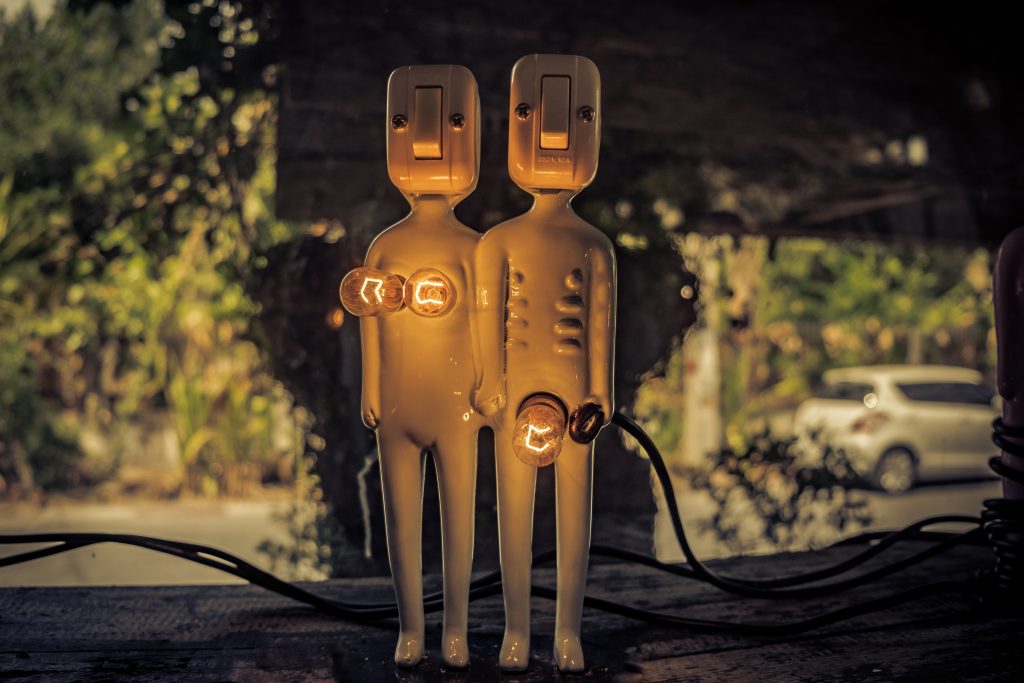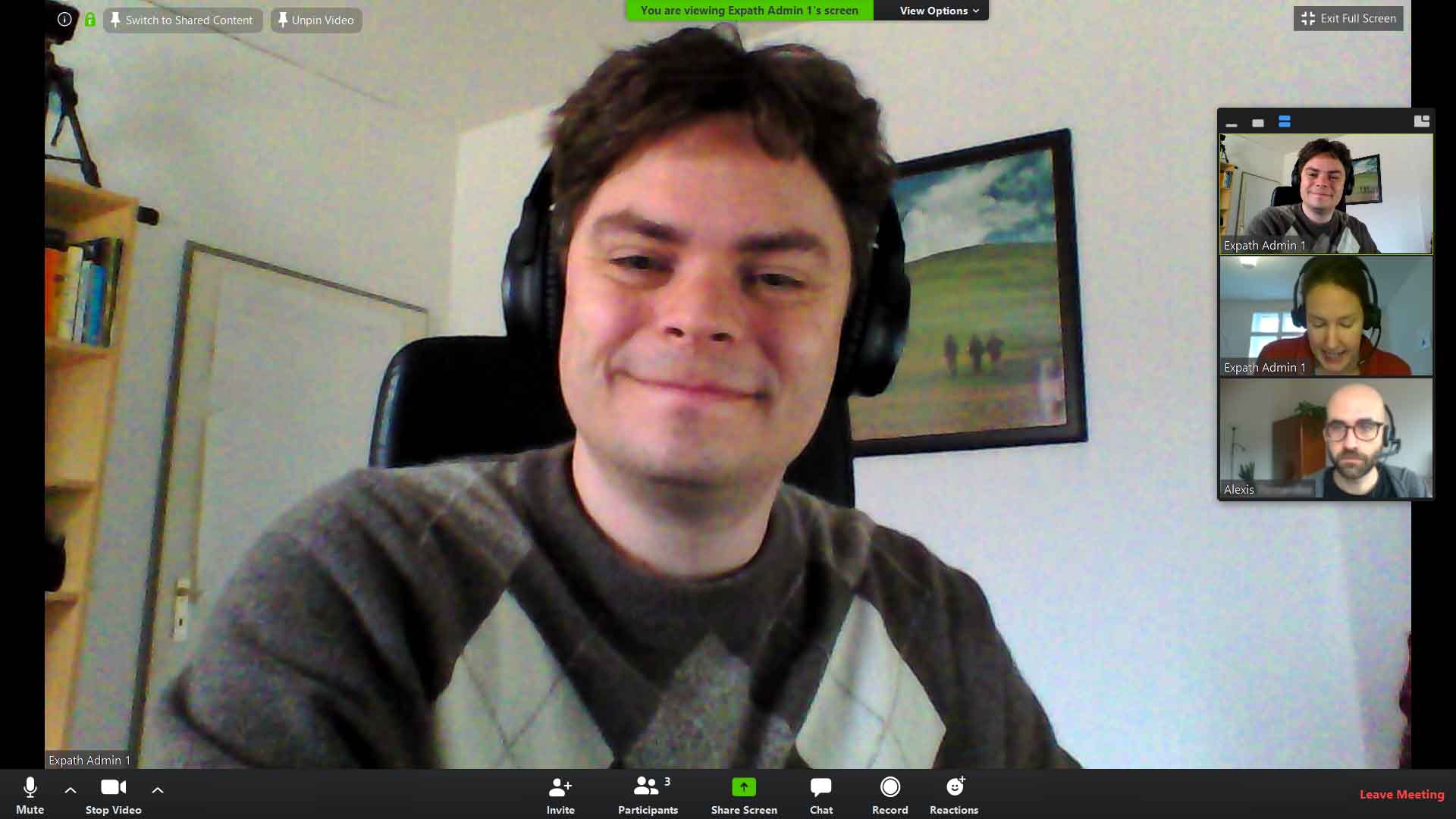How to talk about mood in German

Depending on whether you’re talking about the emotional state of a single person or of a group, the German words are “Laune” (f.) and “Stimmung” (f.), respectively. Generally speaking, to say that one is in a good mood, Germans would have “gute Laune” or be “gut gelaunt” (more colloquially “gut drauf”), whereas the general good atmosphere at a party would be expressed by “gute Stimmung”. A “moody” person is “launisch”:
– “Der Chef hat heute schlechte Laune.” – “The boss is in a bad mood today.”
– “Ich bin schlecht gelaunt.” – “I’m in a bad mood.”
– “Ich bin ziemlich gut drauf.” – “I’m in a pretty good mood.”
– “Du hast mir die gute Laune verdorben.” – “You’ve ruined my good mood.”
– “Die Dekorationen sorgten für eine festliche Stimmung.” – “The decorations guaranteed a festive mood.”
– “Die Stimmung da war gestern richtig schlecht.” – “The mood/atmosphere there yesterday was really bad.”
– “Er ist immer so launisch.” – “He’s always so moody.”
Listen up, lurkers!
We filmed an entire beginner German course!
More cool stuff from Expath












